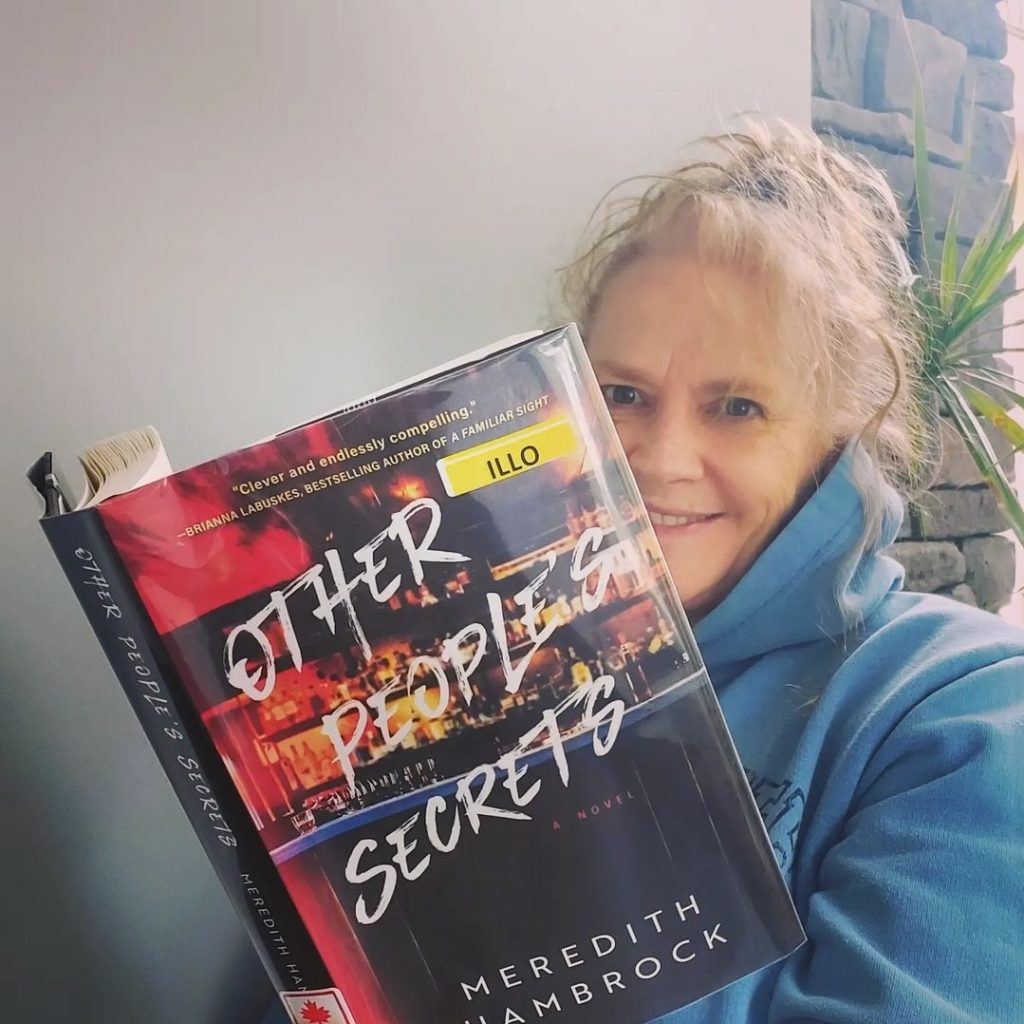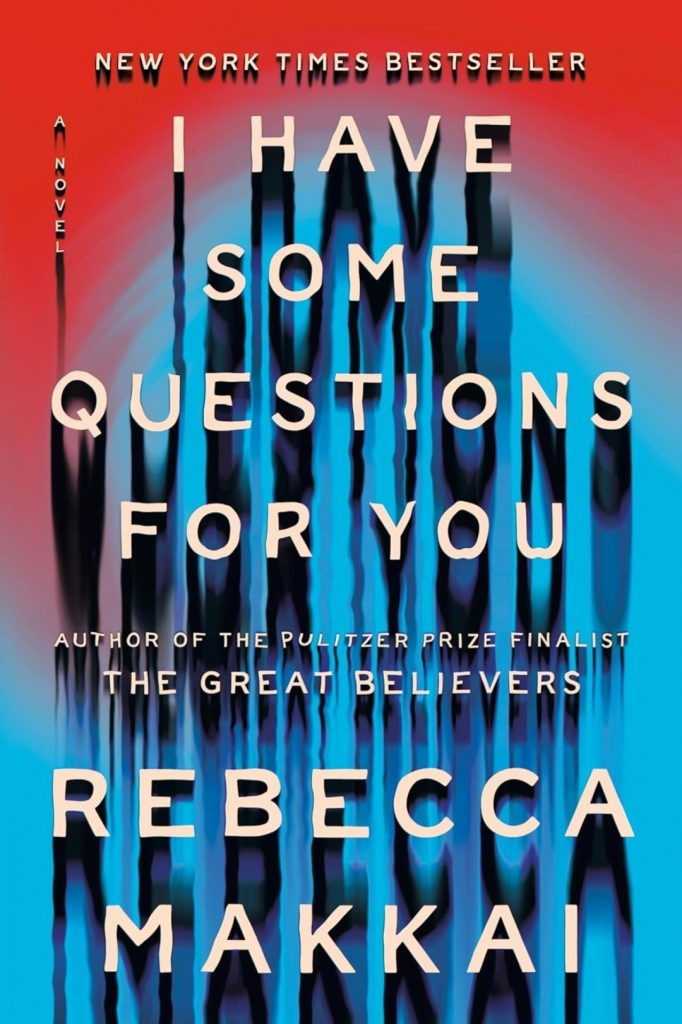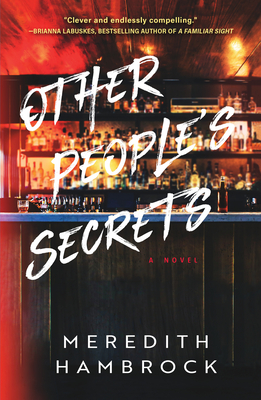
There is severe pressure on writers to have an excellent opening sentence, with an intriguing first page and a gripping first chapter. Most writers spend quite a bit of time rewriting this section of the book more than any other part of the novel. My current novel has had at least ten different first chapters, and I’m not even going to mention the hated prologue (I have written a few and deleted them all).
Then, there is the problematic middle that everyone talks about. I have a whole shelf in my library dedicated to writing your way through that. Truthfully, Write Your Novel From the Middle by James Scott Bell is one of the better how-to books for approaching this situation. It is easy to read, short (only 84 pages), and concise.
What we don’t hear much about is how to end the book. How do you deliver a satisfying ending that makes the reader walk away with a smile? How do you nail the ending and create a stir so magnificent that they are banging on your door for the next book?
There are several ways to end a novel, such as:
- A Full Circle – End up back where you started, where the protagonist achieves their goals.
- Happy Ever After – Resolve all conflicts and make the reader smile.
- A Big Twist – surprises or shocks the reader.
- A Cliffhanger – most readers hate these because they must wait until your next book comes out to discover what happens. However, they will probably buy the next book, especially if it is part of a trilogy or a series.
- A Heart-breaking Tragedy – The reader is left heartbroken (like when a character they love dies) but is sometimes offered a glimmer of hope.
- A Sense of Ambiguity – This ending answers the central question (who killed the queen?) but leaves many other questions unanswered. It allows people to reflect on the story, wondering if there is a double meaning, which leaves it open to interpretation and sparking discussions with others. The best ambiguous novels often end with two or more options, providing equally conceivable possibilities.
In January, I read 14 books, two of which had an ambiguous ending. At first, I was distressed, unsatisfied, and possibly a little pissed about it. I had so many questions that were left hanging in the wind. I reread the last few chapters, just in case I missed something, but nooooo, I didn’t. The author decided the readers should think about the implications of the storylines in a big-picture sort of way.
Now that I have moved into February, I have forgotten the dozen other books I read. Instead, I’m still thinking about these two books that did not wrap up how I thought they should have. I feel that there wasn’t the closure I deserved after reading 435 pages…
But here’s the thing, those two novels were soooooo memorable for me. The details were clear and precise. The characters were quirky and loveable (even if they were unreliable). The situations the characters got themselves into were exciting and made me keep turning the pages. I read them each in less than 24 hours. It seems that adding a little ambiguity to the ending of a novel provides a powerful way to make a statement about the themes in the story. It encourages me to seek out other people who have read these books. I want to talk about them so bad. Not to mention, I want to read more novels from these two authors. I’m scouring the internet for a whole list of their books. I am now a dedicated fan. I would probably drive across the country just to talk with them. So, given those facts, which ending do you think works the best? Do you really need to know every single answer to each question? Or do you just want to read a fantastic story that will stay with you?
The two novels I mentioned above with ambiguous endings are possible comp titles for my current novel. However, mine doesn’t have an ambiguous ending and now, even though I was slightly pissed about the ending of these two books, I’m seriously considering it. I really kind of LOVE IT.


- I Have Some Questions for You by Rebecca Makkai combines different genres seamlessly and professionally, including whodunnit mystery, dark academia, suspense, legal thriller, and psychological thriller. It tackles complicated social issues like the realism of murder, wrongful incarceration, racism, grief, collective trauma, sexual abuse, and the horrors of social media gone crazy.
- Other People’s Secrets by Meredith Hambrock is crime fiction with a complex mystery and dark comedy laced throughout. It is a fun read that involves dysfunctional families, a party bar at a resort on a beautiful lake, alcohol, drugs, murder, and money laundering. This book was recommended to me by one of my critique partners (Thanks, Kelly).
Both novels were well written and kept me turning pages at the speed of a triple sneeze. They have ambiguous endings with heavy themes woven throughout the story, making them the perfect conversation books.
What do you think? Should you use a little ambiguity in the ending of your novel or not? Drop your thoughts into the comments below. Or feel free to send me a direct message. I’m always up to discussing this subject with other readers or writers.
Great. Thanks, Lori, now I have more books to add to my TBR pile (lol). I’m thinking over recent novel endings to put them into various categories and rating my satifaction with their endings. Interesting. Thanks for the nudge. It is a great excercise.
Yes, comparing and scrutinizing novel endings that you love or hate is a fantastic hobby for writers of all genres. Ha! We should have a coffee date to discuss our findings. I think it would make a fun night.